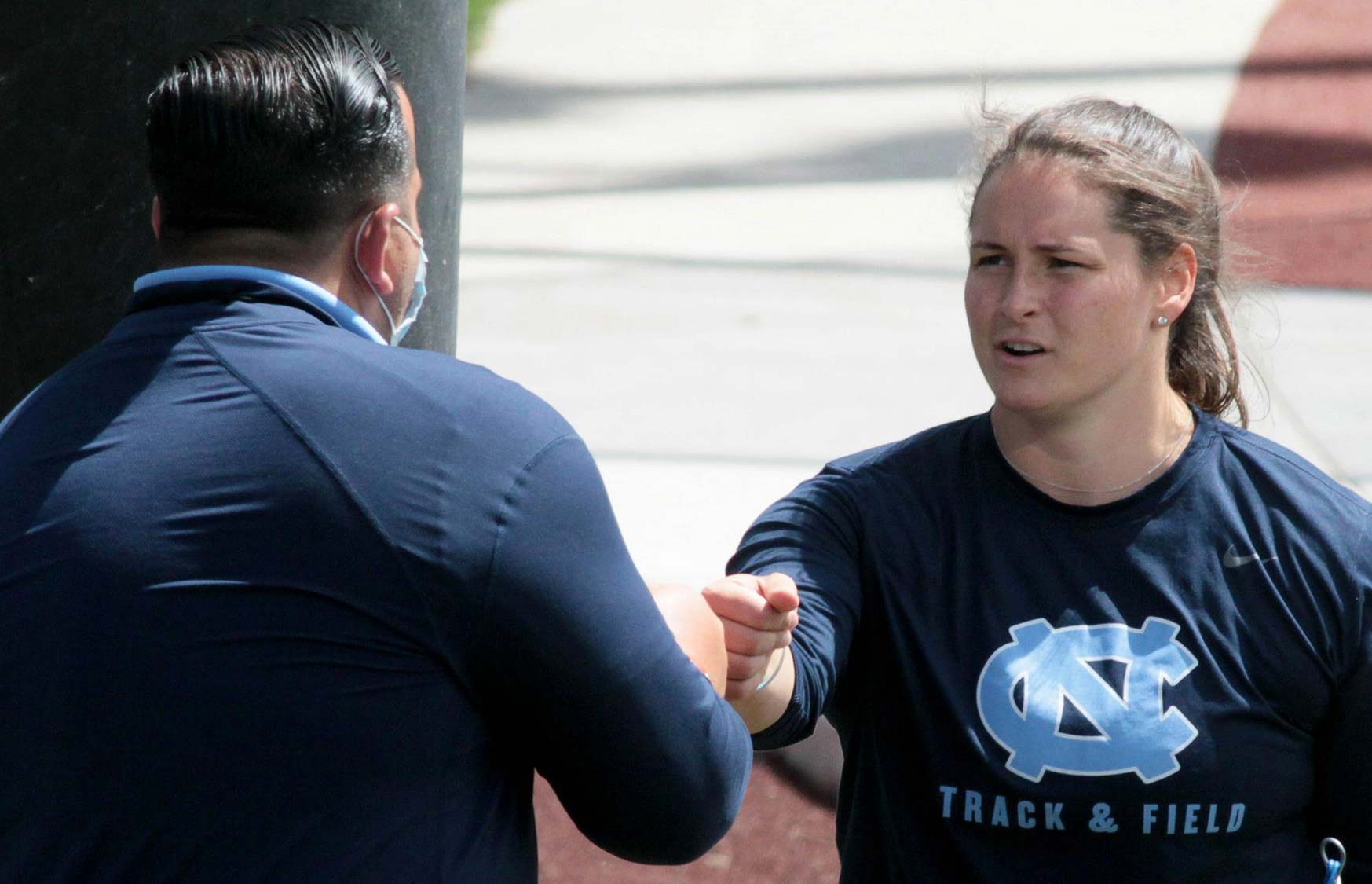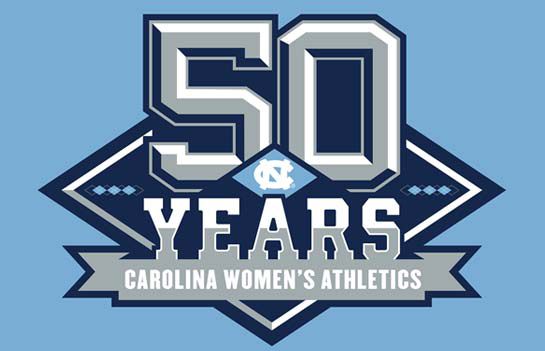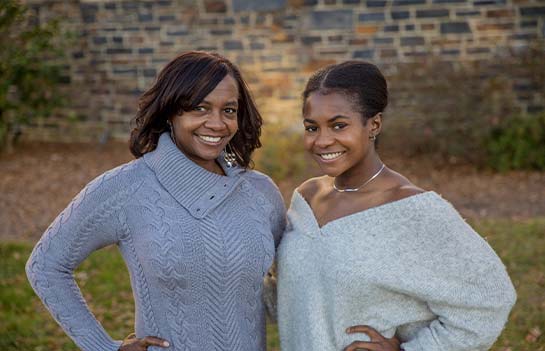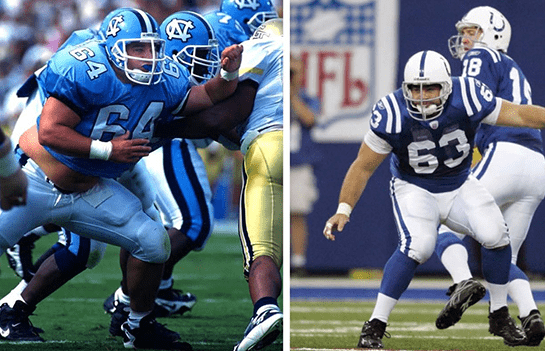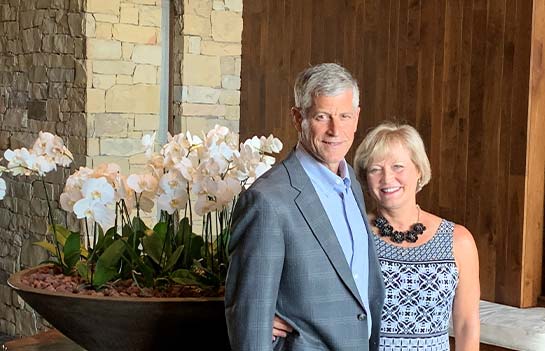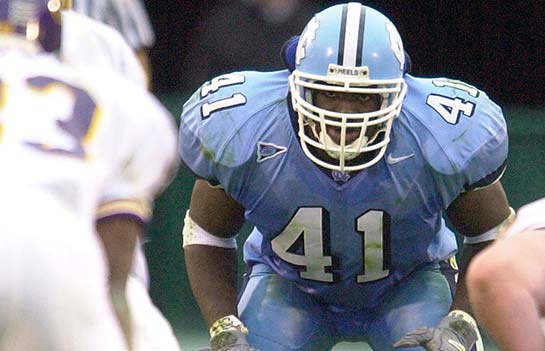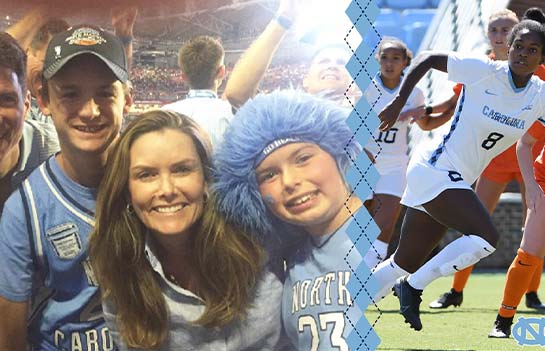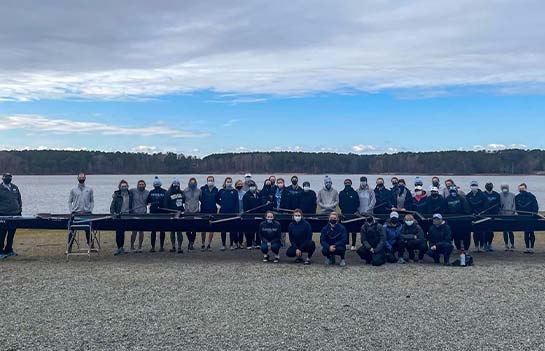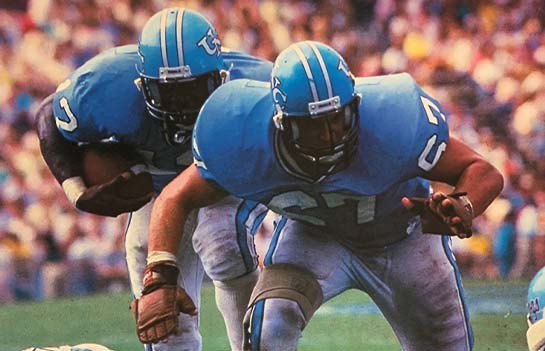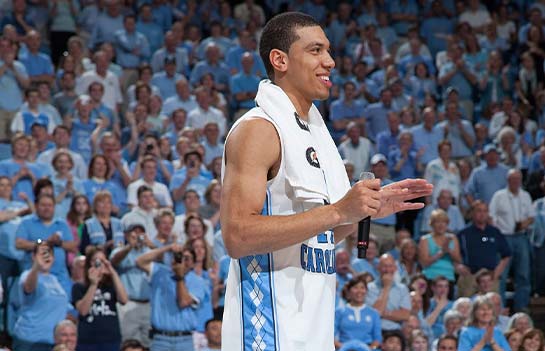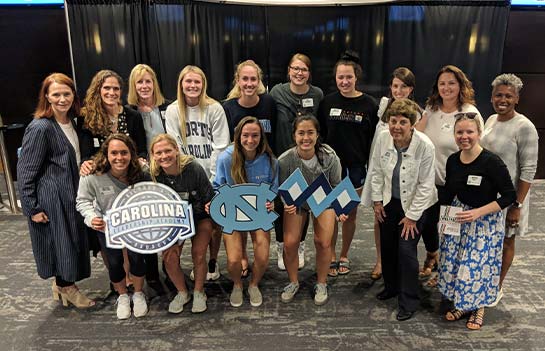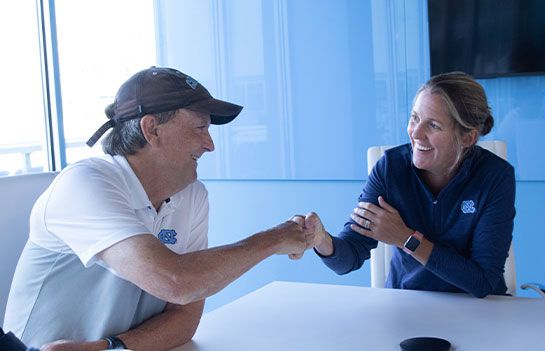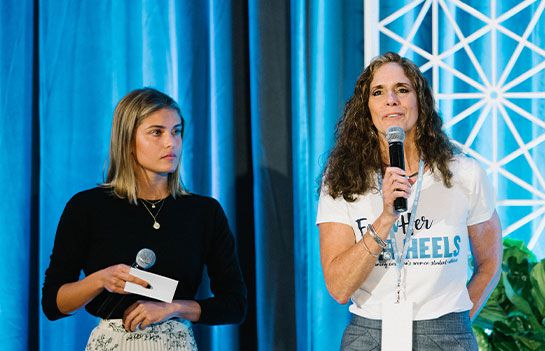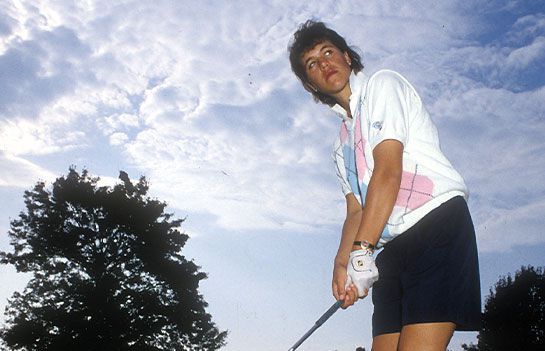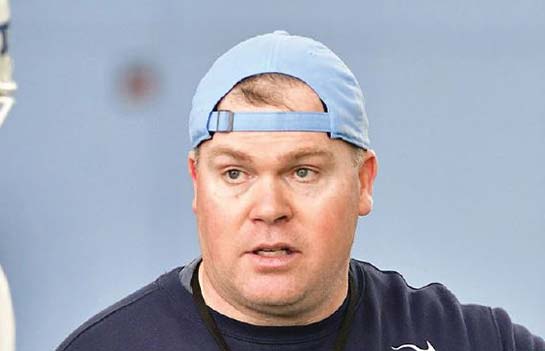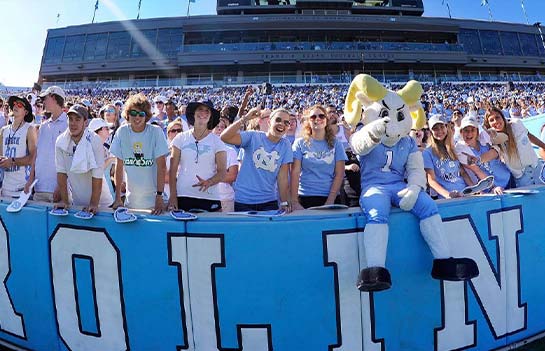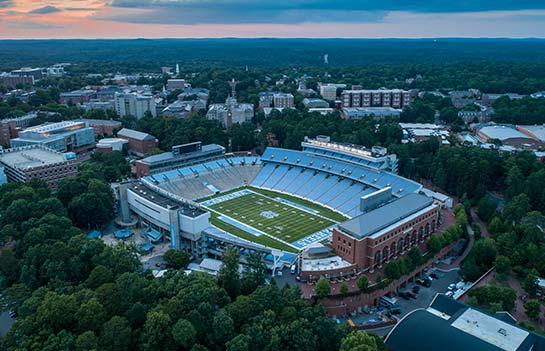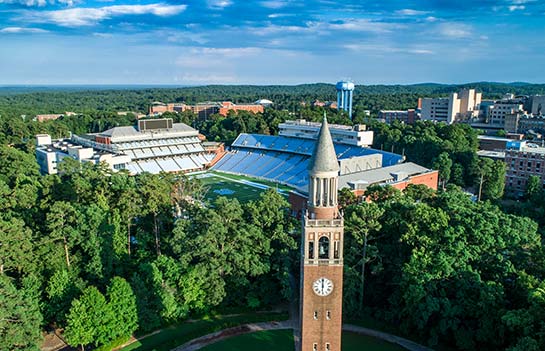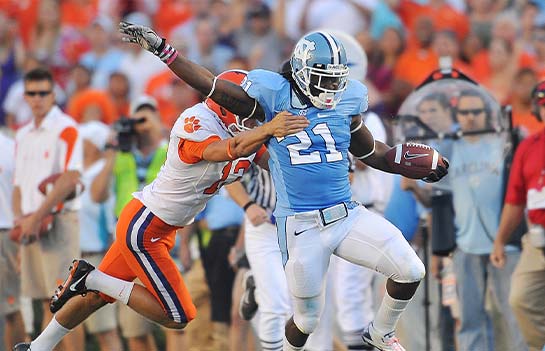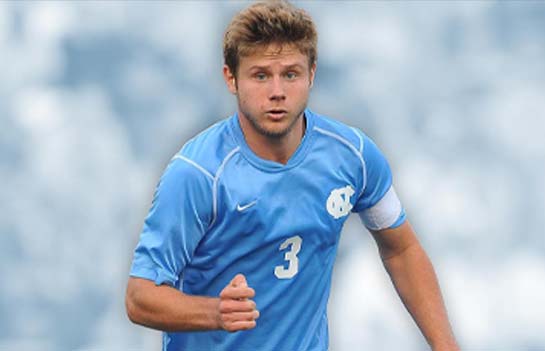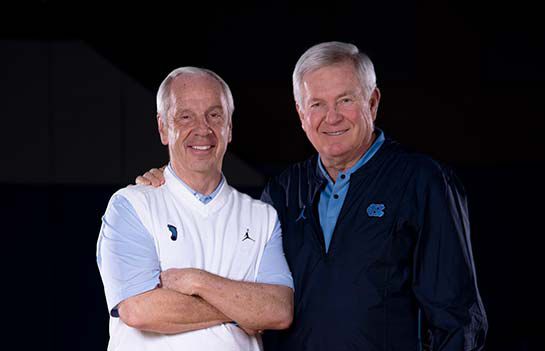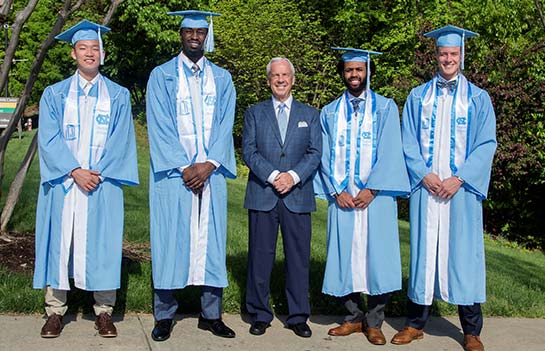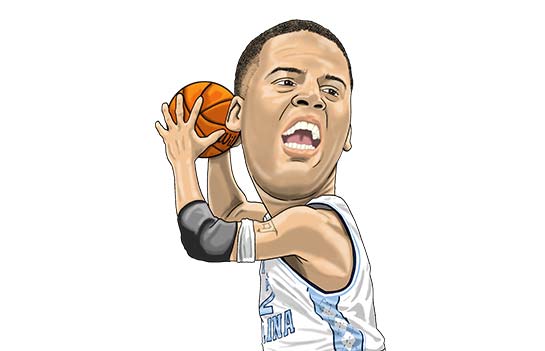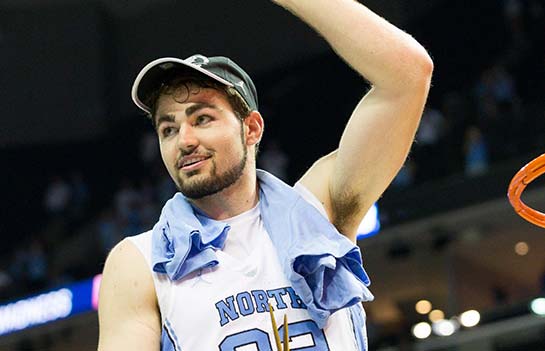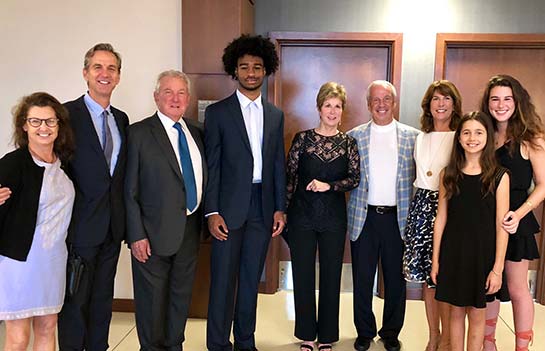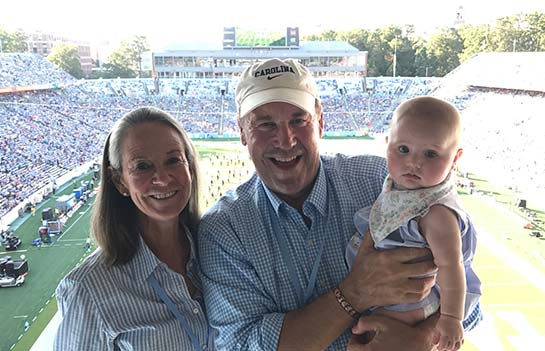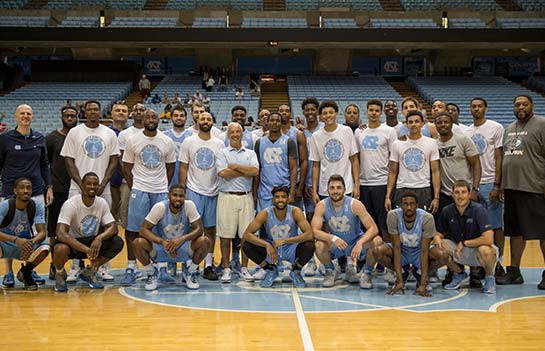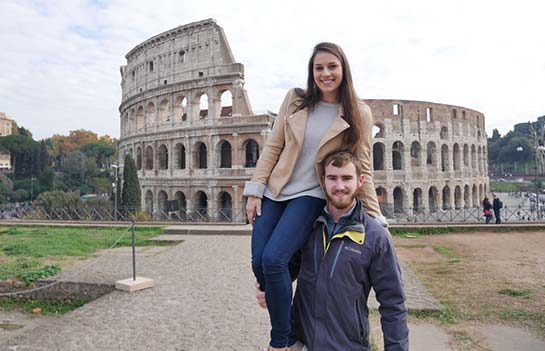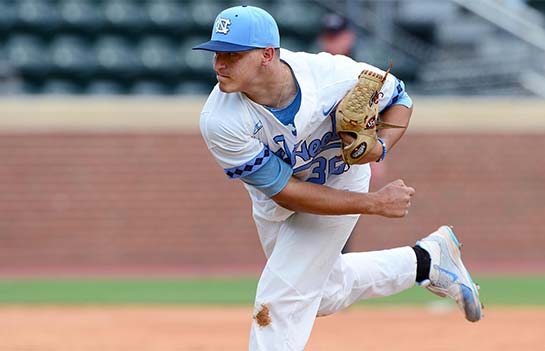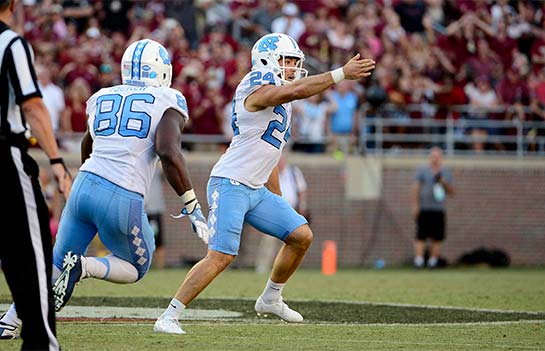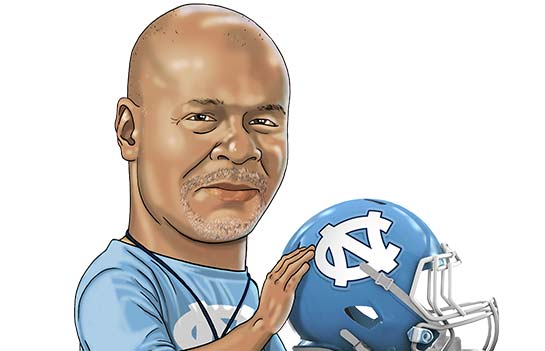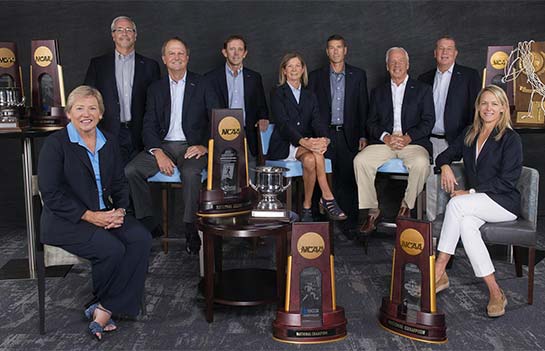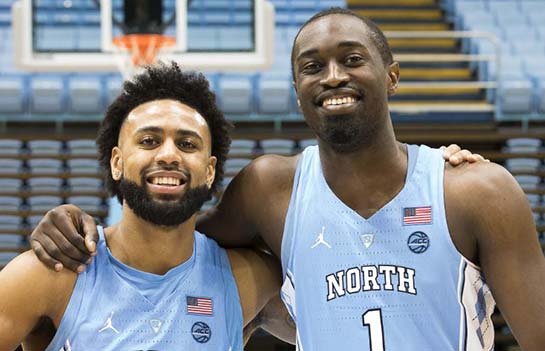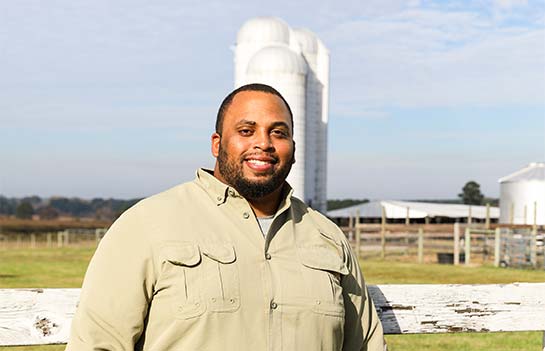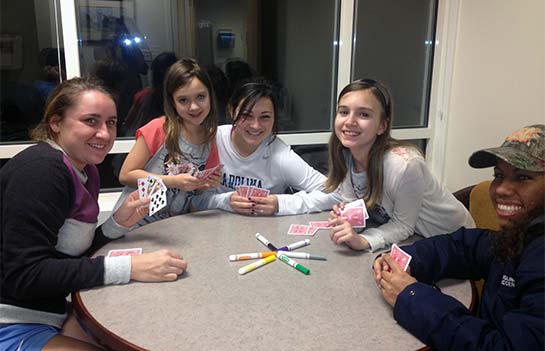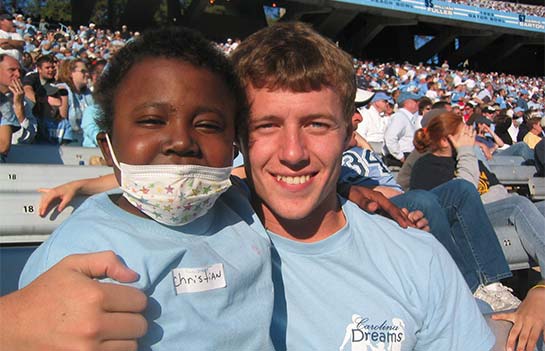THE RIGHT PITCH
STUDENT-ATHLETES CITE A VARIETY OF REASONS THAT SOLD THEM ON CAROLINA
By: PAT JAMES/Photos by: JEFFREY CAMARATI
GROWING UP IN A LARGE ITALIAN FAMILY JUST OUTSIDE OF PHILADELPHIA, JOEY LANCELLOTTI ALWAYS PLACED AN EMPHASIS ON FAMILY.
He served as the protective older brother for his sister, Gianna. He considered his parents, Joseph and Janine, his best friends. But with few successful college baseball programs located above the Mason-Dixon line, Joey knew he’d eventually need to leave his family and attend a university in the South if he wanted to preserve his College World Series aspirations.
Joey came to that realization at a young age. And as he visited several schools, he looked for one that could also provide the family atmosphere to which he was accustomed. Once I knew I was going to lose that tight-knit feel with my family, I kind of wanted something that felt like home and comfortable,” Joey said. That was such an important thing during the recruiting process.”
And no University could offer it quite like UNC.
Lancellotti, a freshman right-handed pitcher and outfielder for the Tar Heels, noticed that. So, too, did fellow freshmen Anna Keefer and Jamie Ortega, a sprinter/jumper on the track and field team and an attacker on the women’s lacrosse team, respectively.
The coaches just kind of made it easier,” said Ortega of her recruitment. You see how the people are as a team, and you’re like, ‘Do you think they’ll let you in because you’re different and you don’t really know them and they’re older than you?’ But it wasn’t like that. They were so nice. They just make you feel welcomed, and I think this place like no other is a home away from home.”
For Lancellotti, the baseball coaches made the program feel family oriented early on. Most schools typically directed questions only toward him, ignoring his parents. But at Carolina, questions such as How do you feel about this?” were replaced with How do you guys feel about this?”
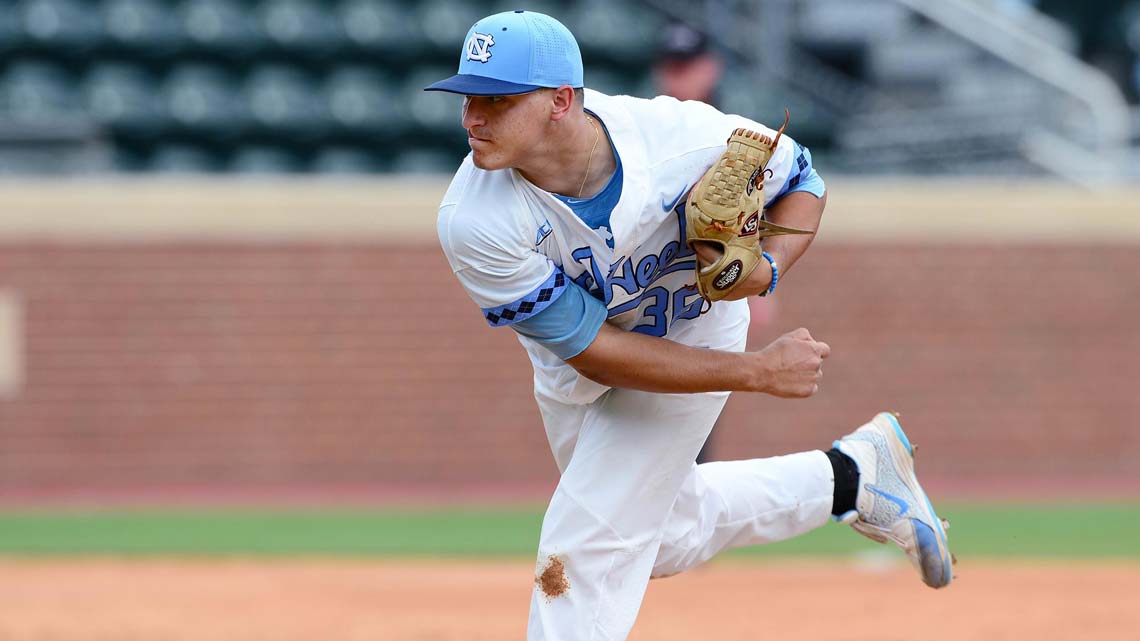
He also met current Tar Heels on his visits to Chapel Hill.
A lot of schools would just show you around and be like, ‘Yeah, here it is. What do you think? We really want you,’” Lancellotti said. But they kind of made it like, ‘This is your decision, but this is a really great place and we’re here to make you comfortable.’
They were just always consistent. Like a lot of teams would just randomly call me throughout the week and just be like, ‘Any decisions yet?’ Coaches here would call and ask, ‘How are you doing?’ You could just tell it was a great place without even stepping foot onto the campus.”
Before Keefer, from just outside of Minneapolis, visited UNC, she said she knew very little about the campus. But she learned then assistant coach Steve Rubin didn’t need to build it up.
That’s what was different when I talked with him versus other coaches,” Keefer said. It’s very easy, like I was catching on, that they’d really try to sell it. I was like, ‘OK, I get it. They’re really trying to promote that.’ Whereas he told me about the campus a little, but he didn’t really try to oversell anything.
Then I came on my visit, and I was like, ‘Oh, wow, it really is super nice.’”
Keefer visited UNC over Halloween weekend. So naturally, a few of her future teammates took her to Franklin Street.
I hadn’t experienced anything like that,” Keefer said. I was like, ‘Whoa, this is a fun place. They’ve got a lot going on.’ It was cool tosee everyone out on Franklin, and I really like how Chapel Hill is more suburban; it’s not super city-like.
I kind of liked that there’s a nice street with a lot of shops and stuff on there, but it’s also suburban, not crazy busy.”
Keefer said the primary reasons she chose to attend UNC were Rubin and the Irwin Belk Track at Fetzer Field. But last summer, just before Keefer enrolled, Rubin became the head coach of the men’s cross country and track and field teams at Amherst College. And the track was torn down as part of the ongoing facilities transformation.
What mainly brought her about 1,200 miles from home to Chapel Hill was no longer here. Still, other aspects of the University, specifically the people she’s been surrounded by, have made up for those absences.
I liked the people here; they’re good people, they have good goals,” Keefer said. Some other schools, they might not have the same motivation. Kids are just doing the sport, whereas here people are really like, ‘I want to do well in school, I want to do well on the track.’
So I guess having similar mindsets around me, I just liked that; I got that vibe. Good academics, good athletics, I thought it would be a good place to go.” NCAA Division I track and field recruiting rules prevent coaches from calling athletes until the July before their senior years of high school. So Keefer’s recruitment wasn’t lengthy.
In lacrosse, legislation that was passed last year attempts to set Sept. 1 of a prospect’s junior year in high school as the first date of any form of recruiting contact. But before that change, recruiting began much earlier for most lacrosse players.
That was the case for Ortega, who verbally committed to Carolina as a high school freshman.
Ortega said the UNC coaches proved they truly cared about her. One of the ways they showed that was by watching all of her games that they attended from beginning to end, no matter the result and even after she committed.
You’re not just someone they recruit,” Ortega said. You’re more than that. You’re their future player, their future teammate. And I think that was really important. I would see other coaches at my games and be like, ‘Oh, they’re here.’ And then you see (assistant coach) Phil Barnes in a bright Carolina shirt, and he’s there like the whole tournament.”
If that wasn’t enough to convince Ortega, the women’s lacrosse team’s history of success certainly was.
They’re not like, ‘Come here because we’ve got the best gear. Come here because we have the best facility,’” Ortega said. It’s like, ‘Come here because you want to win a national championship.’ I think that’s a lot of peoples’goals, but this is why we play, we play to win a national championship.”
As a child, Lancellotti watched the College World Series every year from 2006-13, when the Tar Heels made six trips to Omaha. He was well-educated on the program’s history before his recruitment. But until then, Lancellotti hadn’t been aware of Carolina’s extensive success in other sports.
It was just awesome being able to turn on a football game and see them succeeding, turn on basketball games,” Lancellotti said. It was an all-around great athletic school. That kind of turned my eyes to this school over any other one. And then once I got on campus, that was a different story. I was like, ‘Alright, the campus matches the athletics.’
Once I got here, I remember looking at my dad and being like, ‘I don’t know what else I’d be looking for. This has everything on the checklist.’”
This story appeared in the JUNE 2018 edition of Born & BredMore Stories
The impact of giving comes through in wonderful stories about Carolina student-athletes and coaches, as well as the donors who make their opportunities possible. Learn more about the life-changing impact you can have on a fellow Tar Heel through one of the features included here:
